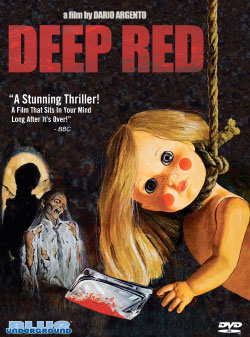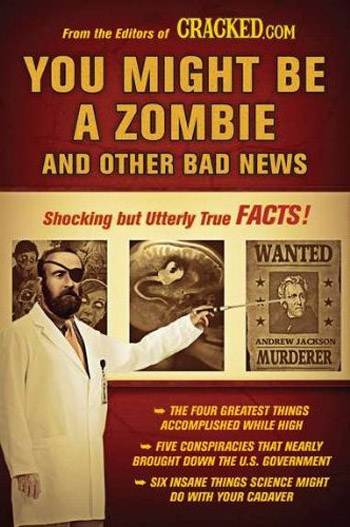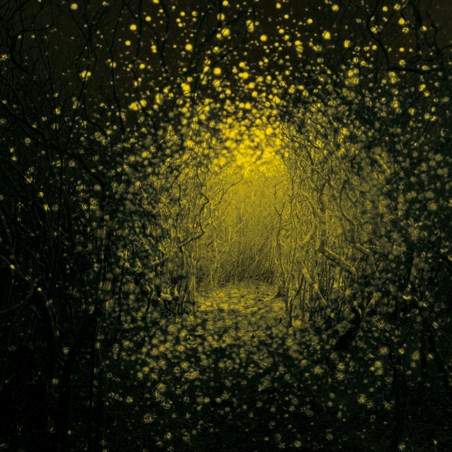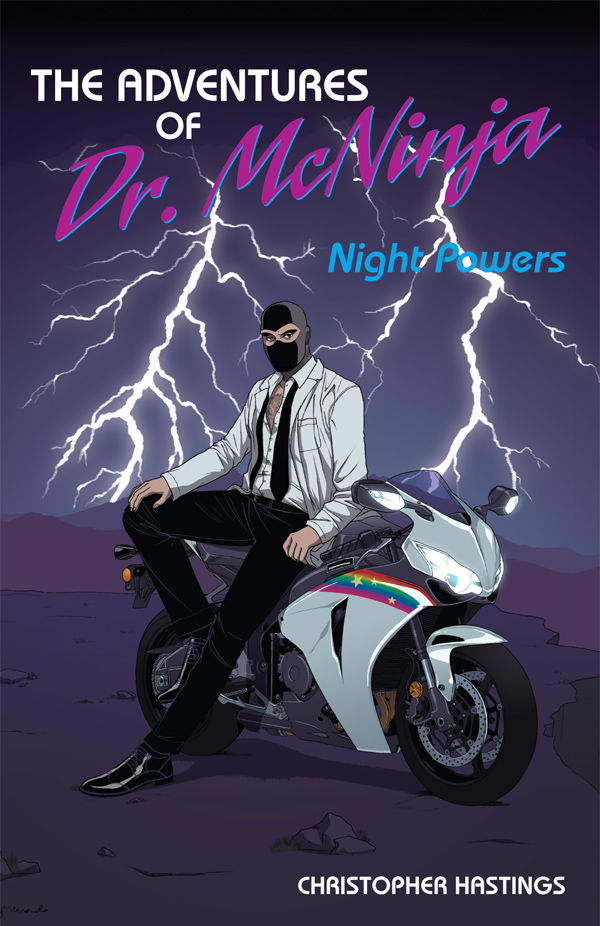Entries in Gremlins (1)
Feeding Frenzy
 Rob Dean On
Rob Dean On  Thursday, June 9, 2011 at 12:48PM
Thursday, June 9, 2011 at 12:48PM Rob Dean examines the overlooked, unappreciated or unfairly maligned movies. Sometimes these films haven't been seen by anyone, and sometimes they've been seen by everyone - who loathed them. This is Missing Reels.
 The dilemma of the critic has always been that if he knows enough to speak with authority, he knows too much to speak with detachment.
The dilemma of the critic has always been that if he knows enough to speak with authority, he knows too much to speak with detachment.
- Raymond Chandler
You, the critic, the professional appreciator, putting something new into the world.
- High Fidelity
It would be easy to say that the one thing all great art has in common is that it is built on passion. In fact, I just said it. But, while I believe that's true, it sounds too facile, too simplistic. More over, it sounds like the problem with bad art is a lack of passion - when that's usually not the case. I would propose all great works of art are passionate projects of the artist but not all passionate projects of the artist are great works of art. Passion drives artists to realize their visions in their chosen medium - it's what makes them resolute despite the very real possibility that what they are working on is shit and that no one will even notice it let alone like it. Such cockeyed determination can be a good thing when the artist transcends convention and presents something new, something rewarding. Or it can be a bad thing when the artists are so insulated by sycophants and slavish devotion to their visions that they end up ignoring the reality of just how much their creation sucks.
Another hallmark of artists that has its share of positives and negatives is a deep knowledge and history of the art form within which they are working. Even if the artist's intent is to do something never seen before and completely revolutionize his medium - he has to know what has been seen before in order to be certain of his originality. Most successful artists have an extensive knowledge of everything that preceded them - it's how they're able to build on the shoulders of these giants, to make a name for themselves while acknowledging the history that led to this moment. It seems this has never been more evident than in film, first with the Film Brats (De Palma, Scorsese, Spielberg, Coppola) of the 70s who were raised on Hollywood and sought to invert expectations and then continuing on the tradition through to Tarantino, Takashi Miike and the Dogme 95 movement of the 90s and early 2000s. The idea of the critic, that person with an encyclopedic knowledge of something, becoming the artist - taking knowledge and turning it into action - is a long standing tradition with various degrees of success. Sometimes homages, mash-ups and revisions end up elevating the original works referenced while creating a unique entry that stands along side those classics. Sometimes they are nothing more than rip-offs built on a checklist of references and winks, missing the intangible soul and spark of originality that inspired the critic turned artist.
When these two aspects of artists collide to form the synthesis of the passionate critic as artist, it can be a thrilling thing to behold. For the most part, criticism offers the enticing proposition of safety - critics are reflecting on other people exposing their thoughts, not risking something wholly their own. So for a critic to shrug off the security of the peanut gallery and boldly hold themselves up for criticism by their former peers, it's a courageous feat that can be as awesome as it is painful. Feeding Frenzy (2010), comes from Red Letter Media, a group of people who became well known for their criticism but who displayed a level of passion that makes it easy to be charmed by the end result.







